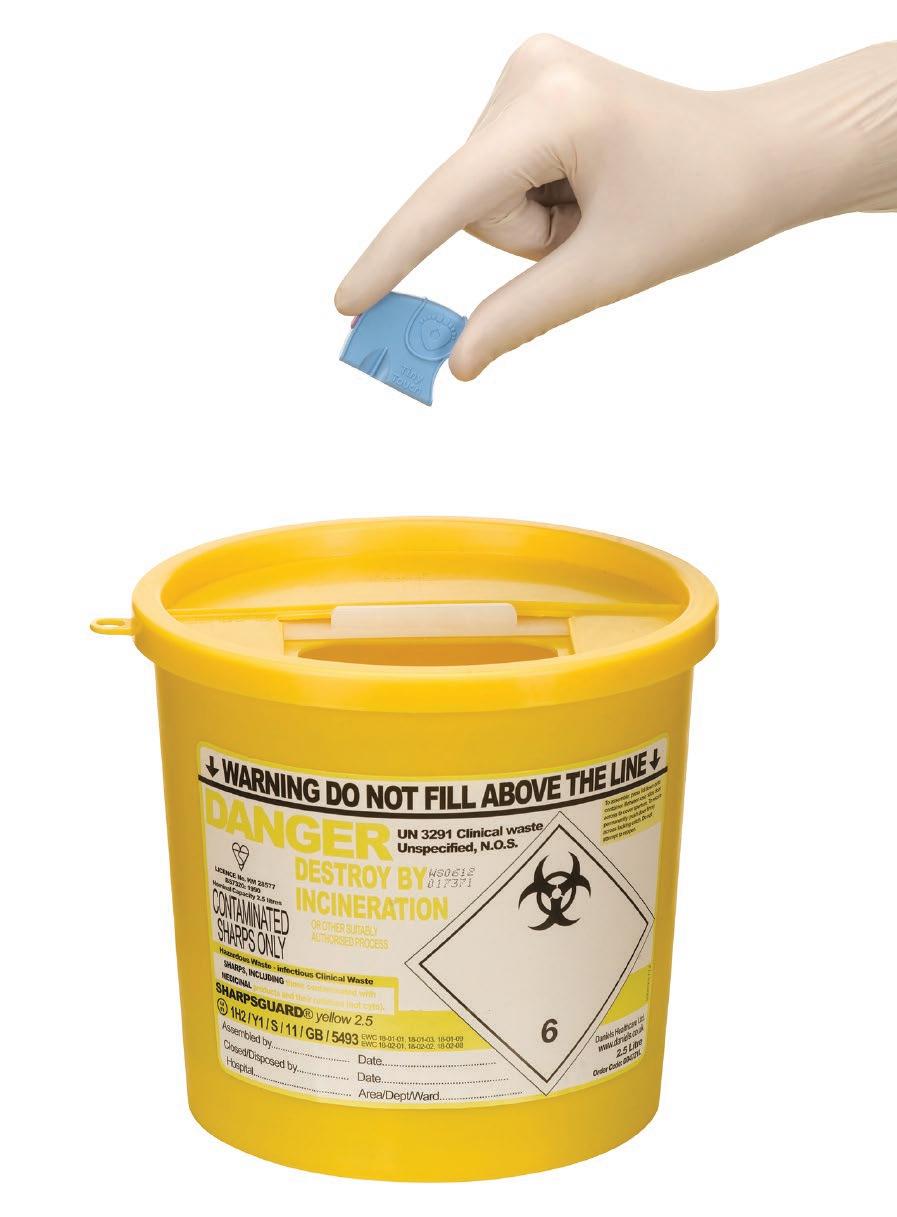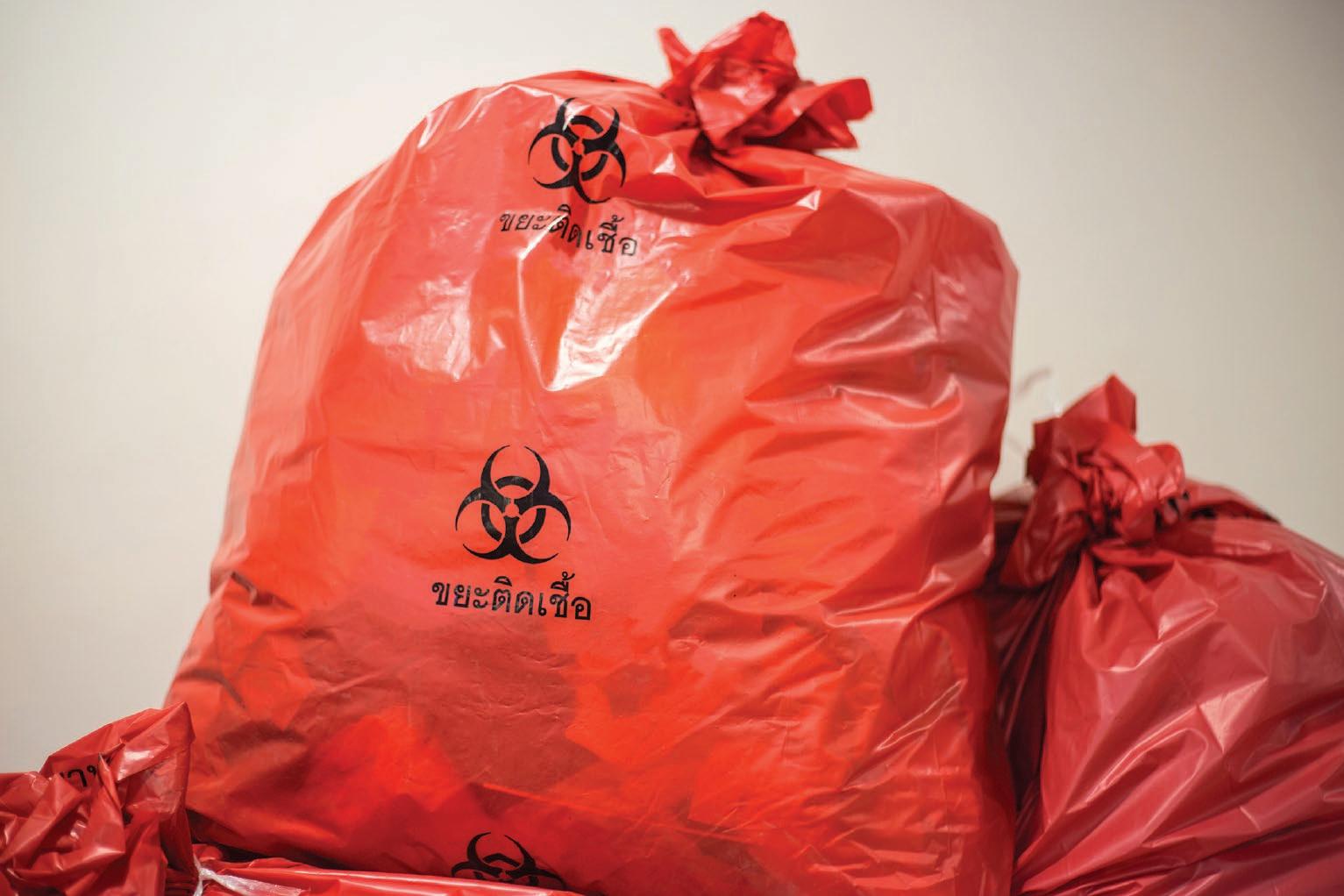
1 minute read
Foreword
from Hospital Reports – Preventing Needle Stick Injuries and the Role of Safety Devices – Owen Mumford
In the current year, we are waiting for a vaccine against Covid-19. That will require billions of injections around the world in addition to the vaccination injections that we already have against influenza, pneumonia and a host of other conditions, and not to forget that people with diabetes inject themselves multiple times a day. The hypodermic needle is a key component in modern health care and condition management, but one of its risks is needlestick injuries. Given these numbers of uses, it is important that the process of injection should be as well organised as possible with clearly understood procedures that comply with the requirements of regulations. It is also important that the devices themselves are as safe as possible. That safety is usually achieved through the use of a shield and the control afforded by an injector pen system system.
In this paper, we have divided the topic up into five key sections. The first article comes from Owen Mumford, who have been at the forefront of medical device innovation for over 60 years. The article looks across the whole landscape of protecting healthcare professionals from needlestick injuries (NSIs) based around the EU Council Directive 2010/32/EU. That is followed by an article about sharps and needlestick injuries, what they are, who is at risk of sustaining such an injury and the risk of that happening. We also consider what damage a needlestick injury could do. Then, Camilla Slade considers what solution might be needed for NSIs and, more importantly, how they can be avoided in the first place. Peter Dunwell then covers the key and interreliant matters of safety and control - processes and procedures to manage injections. Finally, we look at the devices used for injections and in, particular, how designed-in safety and control will ensure a better environment and experience for all users. Overall, a very important subject.
John Hancock Editor
John Hancock, an Editor of Hospital Reports Europe, has worked in healthcare reporting and review for many years. A journalist for more than 30 years, he has written and edited articles, papers and books on a range of medical and management topics. Subjects have included management of long-term conditions, elective and non-elective surgery, wound management, complex health issues, Schizophrenia, health risks of travel, local health management and NHS management.






